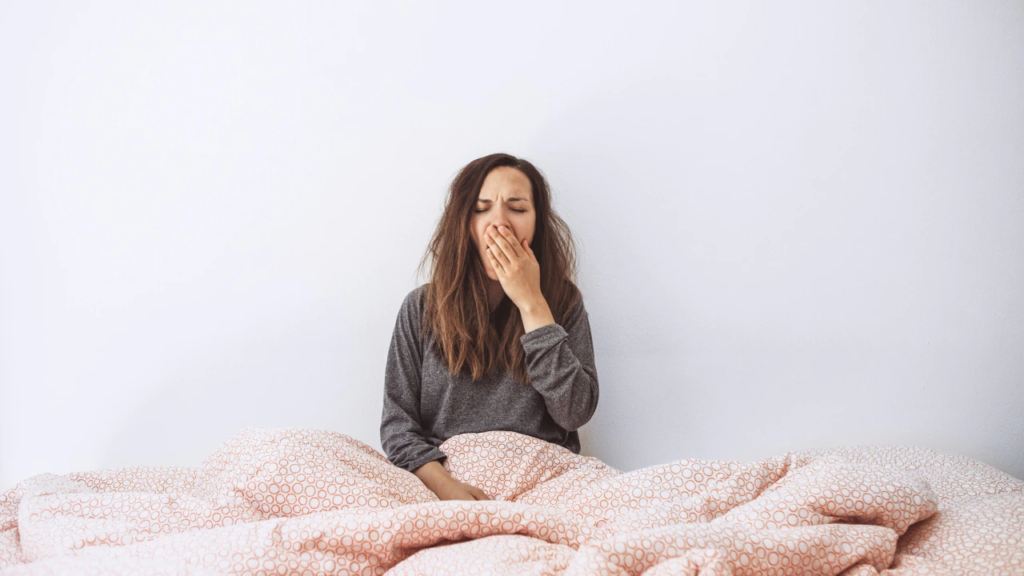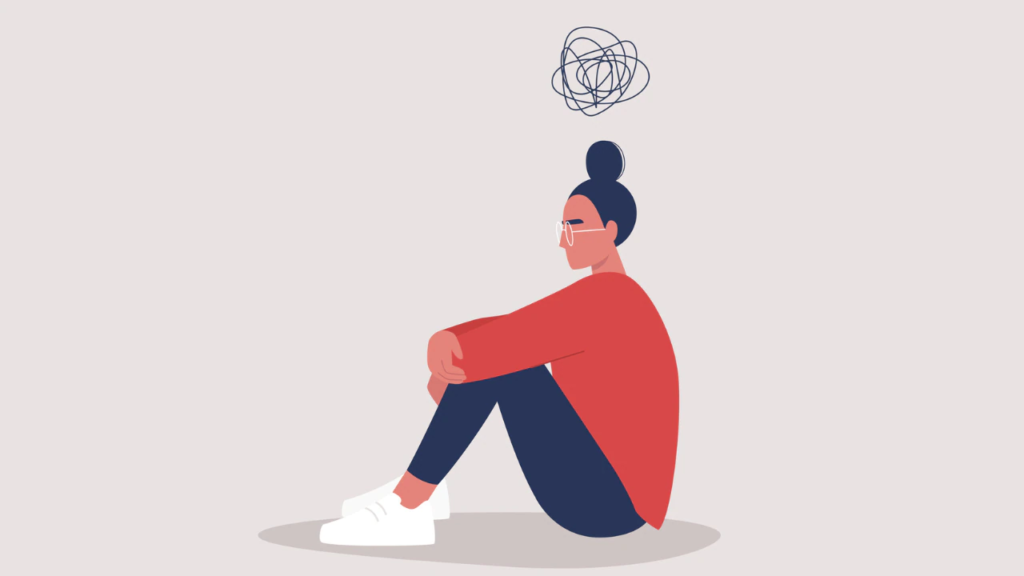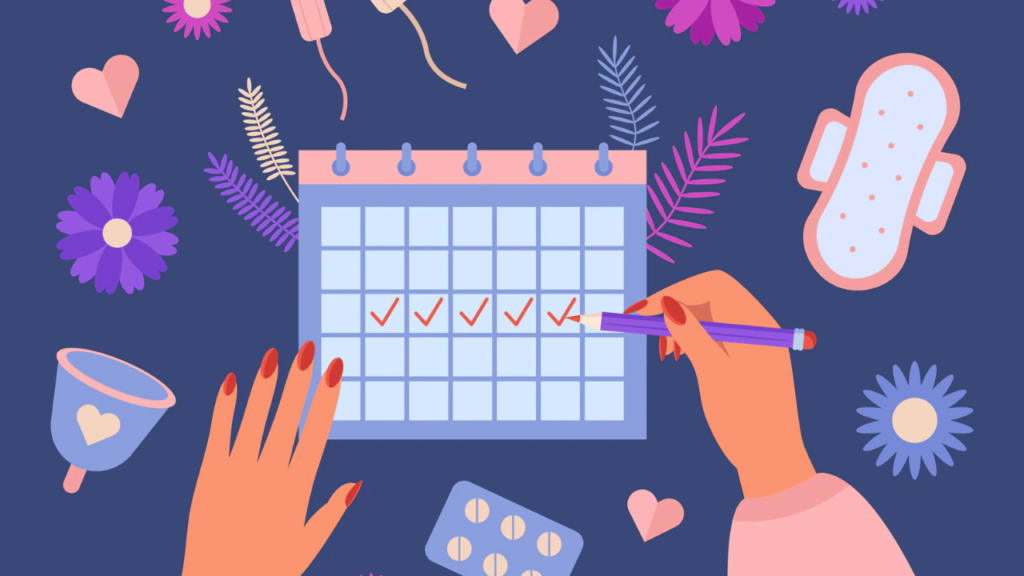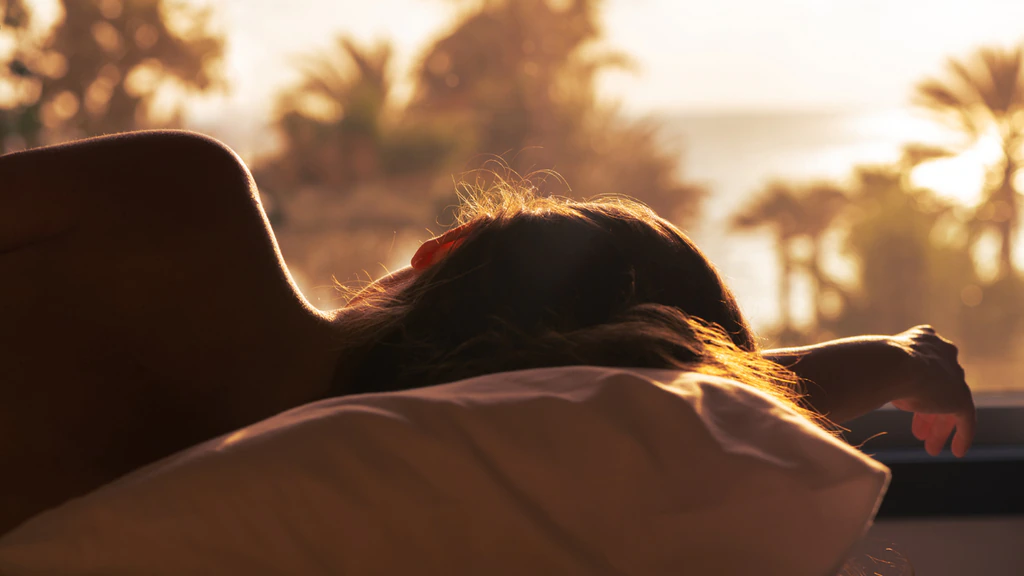Sleep expert Olivia Arezzolo explains why you need different amounts of sleep depending on your stage of life, and how you can get more of it in your day-to-day.
Sleep: it’s free. And we all want more of it, so why is it so hard to get? Specifically – that consistent, restorative, uninterrupted, eight-hours-a-night kinda sleep. Which is why we’ve enlisted Sydney-based sleep expert Olivia Arezzolo to solve our myriad of sleep concerns with our Sleep Well Wednesdays series. Check back every fortnight and you’ll be off to the land of nod before you know it.
You have probably noticed a shift in your sleep patterns as you’ve moved through your life, and you’ve probably wondered…’Is this normal?’
With ‘how much sleep do I need’ being one of the most popular questions I’m asked, you’re not alone. And, to help you understand the nuts and bolts of it, here is my expert answer for you.
There are a range of factors that influence your sleep needs, many of which coincide with different life stages – and it’s not as simple as your age.
Factor 1: Growth

Infants, children and teens need more sleep than adults, which comes down to one key factor, growth. As noted in my book, Bear, Lion, Wolf, newborns have the highest sleep needs, clocking in an impressive 20 hours of sleep per day.
As they move through infancy, this declines month on month, until it stabilizes at 9-11 hours for school age kids, which continues to adulthood.
Essentially, human growth hormone (hGh), the main factor to promote cellular growth, is produced in slow wave sleep – as much as 70%. Thus, in order to synthesise this hormone, we need to sleep. And as these age groups are experiencing radical growth, they need more sleep than an adult, who has largely completed their growth phase.
Note there is an exception for adults here: pregnant women, whose needs increase from 7-9 hours to 8-10 hours.
Factor 2: Chronotype

Your chronotype influences how much sleep you need.
Lions typically need less than average, Bears, more, and Wolves, neither more nor less (but they are usually sleep deprived, and it’s usually poor quality, so this can mean that they feel they need more as they are always tired).
This is extremely important to know, as it helps us pinpoint exactly what time we should wake and go to bed. Further, it helps us understand why we may be more tired than others, even if we went to sleep at the same time as them.
For example, if you are a Bear, and your partner is a Lion, if you go to bed and wake at the same time, you (a Bear) will probably be more tired than them, the Lion, come morning.
Factor 3: Stress

Going through a stressful time can do one of two things to your sleep: shorten it or lengthen it. However, biologically, when we are stressed our bodies use more energy and damage cells at a faster rate than normal, and so, in order to repair cells to homeostasis (see factor 1), additional sleep is needed.
However, this is an issue because usually with stress, comes sleeplessness, which exacerbates sleep loss even more. Stress can also contribute to light, restless sleep, and waking at 3am. Nevertheless, the fact remains: under stress, we need more sleep.
Factor 4: Menstruation

Now this doesn’t change the amount of sleep we need per se, but I’ve included it here because it changes our capacity to get the sleep we need.
As noted in a 2020 Forbes article, 30% of women experience disturbed sleep during their period, and 23% struggle to get a full eight hours in the week prior to their period.
With hormones such as progesterone and oestrogen fluctuating, this causes variations in our core body temperature. As a result, melatonin production is impaired, making it harder to fall and stay asleep.

+ show Comments
- Hide Comments
add a comment